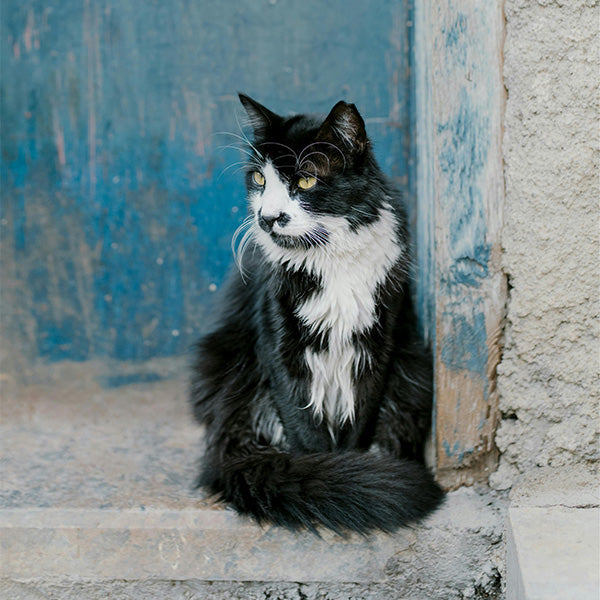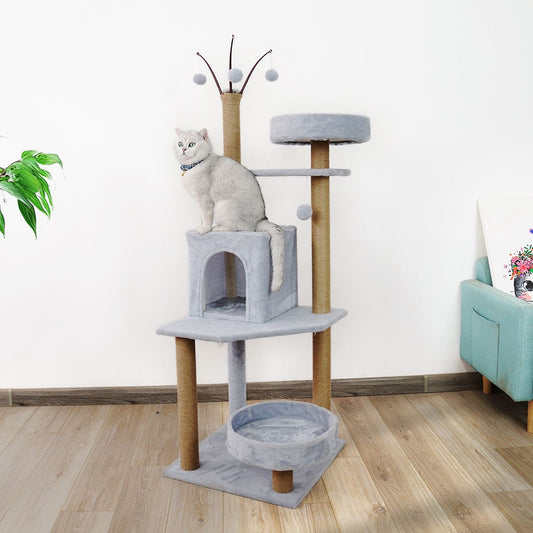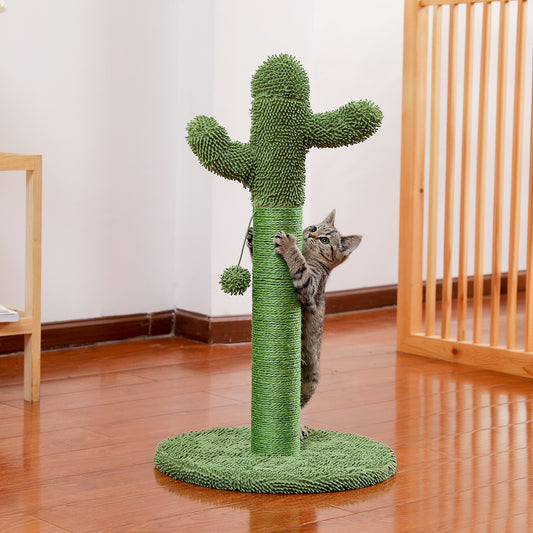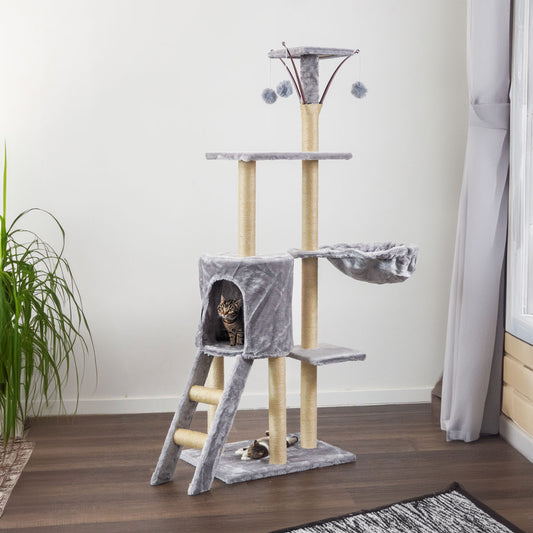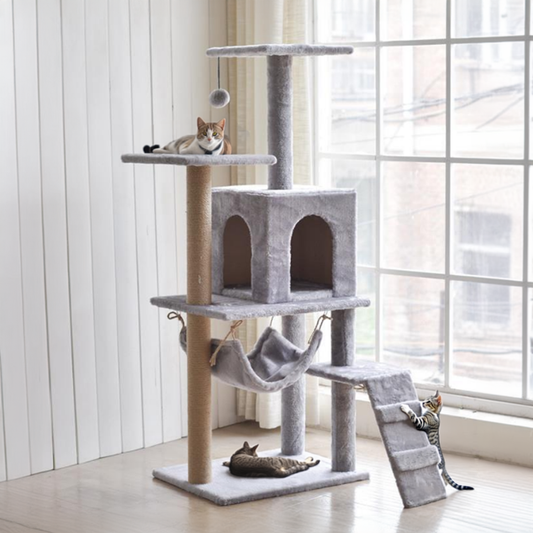As your beloved feline companion enters their golden years, it's important to provide them with the proper nutrition to support their aging bodies. Just like humans, cats have changing nutritional needs as they age. By following these expert tips, you can ensure that your aging cat stays healthy and happy for years to come.
1. Increase Protein Intake
Protein is a crucial component of a cat's diet, especially as they age. It helps to maintain muscle mass and supports overall health. Look for cat food that contains high-quality animal-based proteins, such as chicken or fish. Aim for a protein content of at least 30% in their diet.
2. Provide Omega-3 Fatty Acids
Omega-3 fatty acids are beneficial for cats of all ages, but they become even more important for aging cats. These essential fatty acids support joint health, reduce inflammation, and promote a healthy coat. Look for cat food that contains fish oil or flaxseed, which are excellent sources of omega-3 fatty acids.
3. Increase Moisture Intake
Dehydration is a common issue in aging cats, as their kidneys may not function as efficiently as they used to. To combat this, encourage your cat to drink more water by providing multiple water bowls throughout the house. You can also add wet food to their diet, which has a higher moisture content than dry kibble.
4. Consider Joint Supplements
Arthritis and joint pain are common in older cats. Talk to your veterinarian about adding joint supplements to your cat's diet. Glucosamine and chondroitin are commonly recommended supplements that can help support joint health and reduce discomfort.
5. Control Caloric Intake
As cats age, their metabolism slows down, making them more prone to weight gain. Obesity can lead to various health issues, so it's important to control their caloric intake. Choose a cat food that is specifically formulated for senior cats and monitor their portion sizes to prevent overeating.
6. Regular Veterinary Check-ups
Regular veterinary check-ups are crucial for monitoring your aging cat's health and nutritional needs. Your veterinarian can assess their body condition, recommend any necessary dietary adjustments, and address any health concerns that may arise.
7. Gradual Diet Changes
If you decide to switch your aging cat's diet, it's important to do so gradually. Sudden changes in diet can upset their digestive system and lead to gastrointestinal issues. Start by mixing a small amount of the new food with their current food and gradually increase the proportion over a week or two.
8. Provide Mental Stimulation
Keeping your aging cat mentally stimulated is just as important as their physical health. Provide interactive toys, scratching posts, and puzzle feeders to keep their minds sharp. Mental stimulation can help prevent cognitive decline and keep your cat engaged and happy.
By following these expert tips, you can ensure that your aging cat receives the best nutrition possible. Remember, every cat is unique, so it's important to consult with your veterinarian to tailor their diet to their specific needs. With proper nutrition and care, your aging cat can enjoy a long and healthy life by your side.

